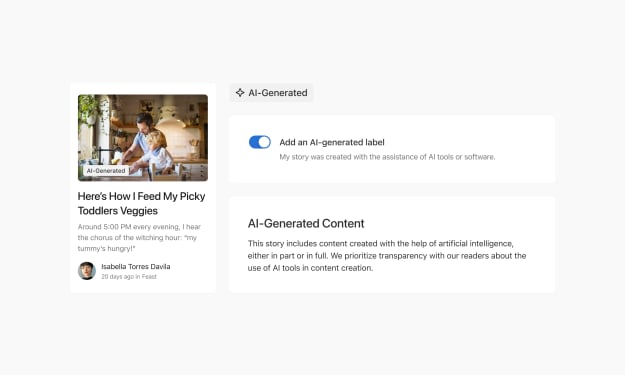Speech Pathology Chronicles: Navigating the Landscape of Expression
Silent Struggles No More: Empowering Communication with Speech Pathology

Exploring the Vital Role of Speech Pathology in Our Modern World
In a world full of different ways people talk and express themselves, speech pathology is like a guiding light that brings hope and change. It helps people who have trouble with speaking, understanding, and even swallowing. Speech-language pathologists (SLPs) are like helpers who offer support and advice to people of all ages, making it easier for them to communicate. They focus on making speaking, understanding, and swallowing better, so that communication problems don't stop anyone from connecting with others.
Different Kinds of Talking Troubles
Imagine a kid who's excited to learn new things but has a hard time saying words right – that's a speech problem. Some people might say "thoup" instead of "soup" or have other funny ways of saying things. Then there are those who get stuck on certain words or sounds when they talk – that's called a fluency problem. You might have heard someone stuttering when they speak. And there are also people who have a different sounding voice, like a raspy or hoarse voice – that's a voice problem.
But speech problems don't only happen to kids. Think about a grown-up who gets nervous when talking in front of a group. Their words might not come out smoothly, and it can be tough for them to express their ideas. This happens because of speech anxiety. When people have speech problems, it can be harder for them to do well at work or school, and they might even have trouble making friends.
Understanding the Puzzle of Language Problems
Language is like a puzzle that helps us share thoughts and feelings. But some people have trouble understanding this puzzle. Imagine someone who hears words but doesn't really understand what they mean – that's a receptive language problem. It's like they're hearing a different language. Others might have lots of ideas in their head, but when they try to talk, the words don't come out right – that's an expressive language problem. And there are people who used to talk fine but then had a brain injury, like from a stroke, and now they struggle to speak or find the right words – that's aphasia.
How We Eat and Swallow Matters Too
Speaking and understanding aren't the only important things – eating and swallowing are too. Imagine trying to eat, but the food gets stuck on the way down or goes the wrong way and makes you cough. This can happen to people with swallowing problems. They might not be able to eat properly, and this can lead to other problems like losing weight or getting sick from food going into the wrong place.
Speech-language pathologists can help with all these challenges. They use special tests to figure out what's going on and then give ideas and exercises to make things better. Just like a coach helps a team get better at a sport, SLPs help people get better at talking, understanding, and swallowing. They work with kids and adults, making sure they can communicate well at school, work, and everywhere else.
How SLPs Make a Difference
SLPs do a lot to help people with communication problems. They first figure out what the problem is by asking questions and doing tests. Then they make a plan to help the person get better. It's like a roadmap for getting back on track. They show kids and grown-ups different ways to talk or understand, and they even teach exercises to make the muscles used for talking and swallowing stronger.
Education is also a big part of what SLPs do. They help families and caregivers understand what's going on and how they can support the person with communication challenges. It's like a team effort to make sure everyone is helping out. SLPs also work together with doctors, nurses, and teachers to make sure the person gets all the help they need.
Why Speech Pathology Matters Today
In our world today, where talking and understanding each other is really important, speech pathology plays a crucial role. Imagine a kid who can't talk properly – they might struggle in school and feel left out because they can't join in conversations with their friends. Or think about a grown-up who can't explain their ideas at work – they might have a hard time getting a good job or keeping it.
And for those who can't swallow safely, it can be really tough to enjoy meals without worrying about choking or getting sick. That's why speech pathology is so important. SLPs help kids and adults improve their speaking, understanding, and swallowing skills. They make sure everyone can communicate well and enjoy life without these challenges getting in the way.
A Call to Seek Help
If you or someone you know is having trouble with speaking, understanding, or swallowing, don't hesitate to reach out to a speech-language pathologist. They are the experts who can provide the right guidance and exercises to make things better. With their help, communication challenges can be overcome, and a world of clear and meaningful interactions can be unlocked. So, take that step and connect with an SLP to embark on a journey toward improved communication and a brighter future.
About the Creator
Erik Velazco
passionate about storytelling and eager to share unique perspectives, ideas, and imagination with the world.






Comments
There are no comments for this story
Be the first to respond and start the conversation.